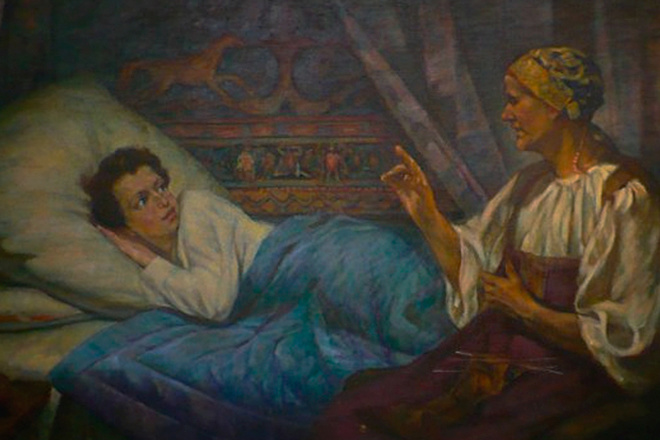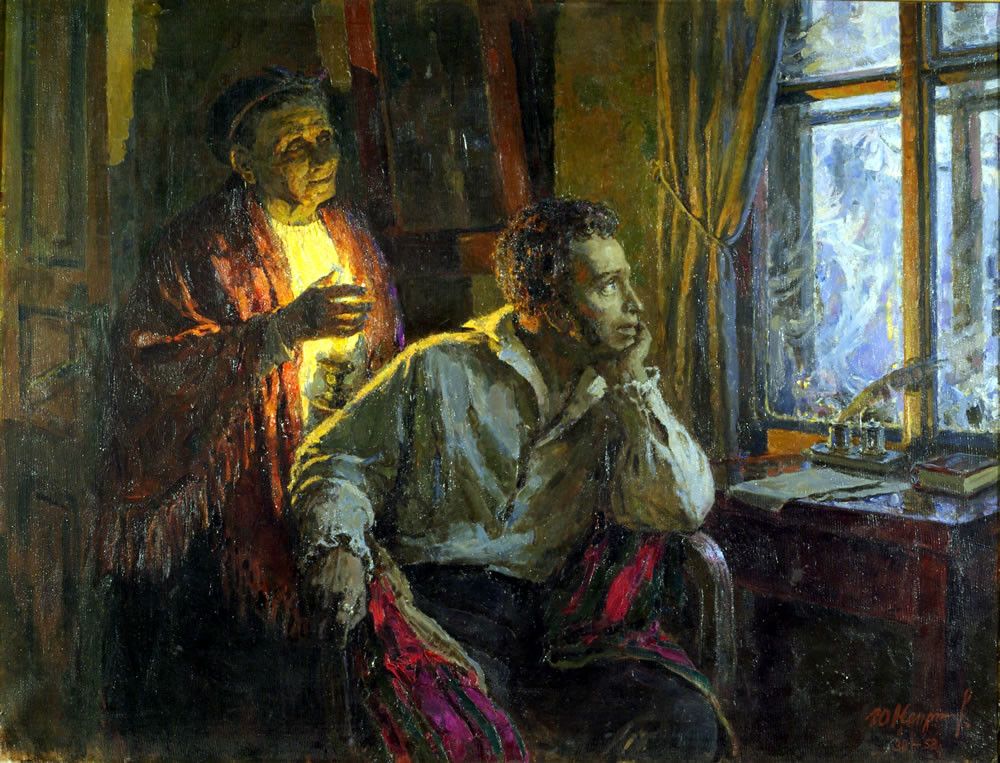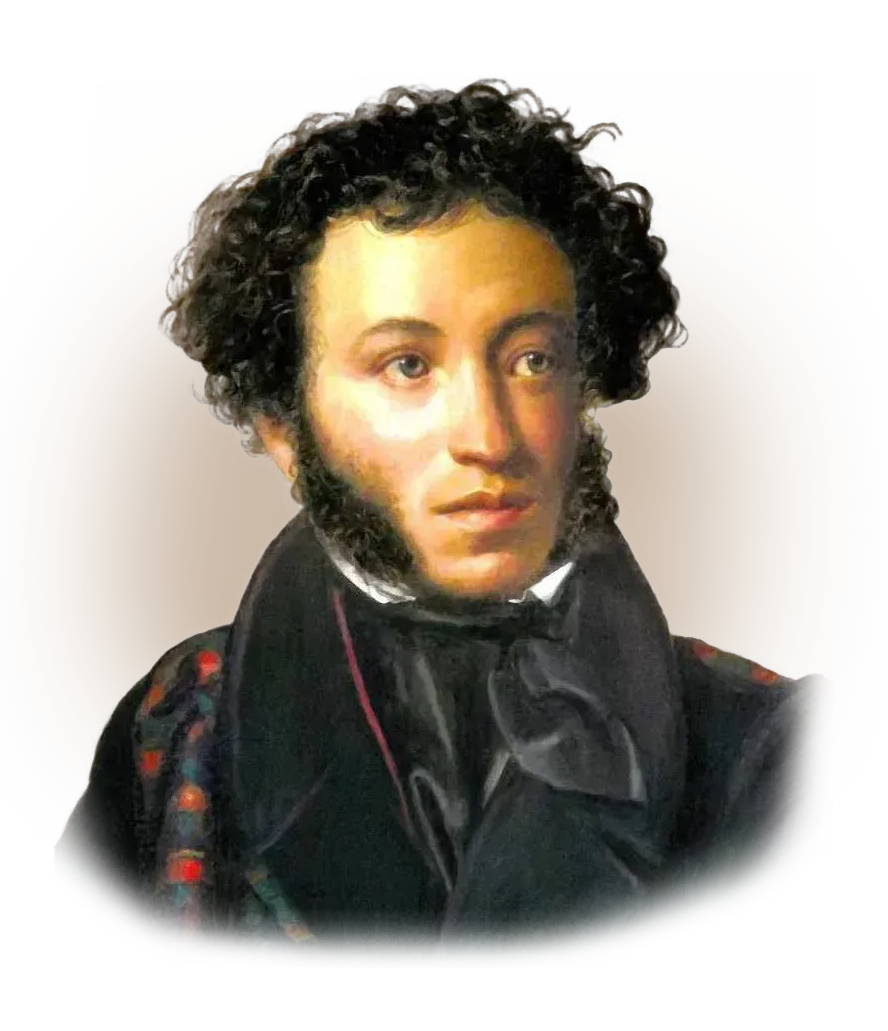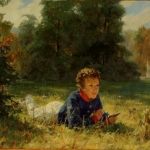
06.01.2023
Arina Rodionovna (known as Pushkin’s nanny), who really was the nanny of the famous writer, is known to almost everyone – both children and adults. Alexander Sergeevich Pushkin deeply respected and loved her, and she, in turn, called him “angel Alexander Sergeevich.”
The poet himself has repeatedly written that Arina Rodionovna appeared as a prototype for Tatiana’s nanny in the work “Eugene Onegin”. In addition, Pushkin’s nanny Arina Rodionovna appears in female images and other works, for example: “Boris Godunov”, “Rusalka”, “The Blackamoor of Peter the Great” and some poems.
Unfortunately, incomplete information about the life of Arina Rodionovna, Pushkin’s nanny, has reached our time. Much, of course, can be gleaned from the memoirs of certain contemporaries of Alexander Sergeevich, but for the most part these are some casual mentions… It is for this reason that many still argue and debate about the role of Pushkin’s nanny in the life of the poet himself and about her biography.
Biography of Arina Rodionovna
Arina Rodionovna was born in 1758 (1758-1827) in the family of Rodion Yakovlev, who was a serf. They argue about the place of birth. Some are convinced that it was the village of Suida, others are sure that the village of Lampovo is in the province of St. Petersburg. Anyway, it is known that seven children were born in Rodion’s family, and the girl was named Irina, and Arina was called among themselves. At that time, a peasant woman was not supposed to bear her surname, so she was listed in the documents as Arina Rodionovna.In literary works, Pushkin’s nanny always appears as Arina Rodionovna, sometimes as Yakovleva, by her father’s surname, and never under the surname of Matveev, her husband. It is noteworthy that even Pushkin always considered her a nanny, and never called her by name. Just like today, many simply say – Pushkin’s nanny.

Arina was bought by Pushkin’s great-grandfather Hannibal, who, together with the serfs, bought the villages and everything that belonged to them. As a child, Arina lived very poorly and hard, at the age of twenty-three she got married and she and her husband began to live in the village of Kobrino, not far from Gatchina. Later, she was decided to be assigned as a babysitter for children.
Co-existence
Until 1811, right up to the lyceum, Pushkin lived in the same house with Arina Rodionovna, perhaps that’s why he often called her not just “nanny”, but also “mammy”. The poet listened attentively to fairy tales, stories of his nanny and even wrote them down. From her he also learned many sayings, proverbs, catch phrases of the people. Some agree that the poet heard directly from Arina Rodionovna about how the hut stands on chicken legs, about seven heroes and other fairy-tale characters who will appear in his poems and works in the future. Indeed, Pushkin’s nanny played an important role in the work of Alexander Sergeevich.
Real inspiration
After Arina Rodionovna died, some began to exaggerate her image in literature somewhat, however, undoubtedly, she was a bright inspiration for the young Alexander and this is undeniable. Yes, Pushkin’s nanny is not only a mystery for the modern generation, Pushkin’s nanny is inspiration and the power of thought.
Alexander Sergeyevich Pushkin himself once wrote: “If the coming generation will honor my name, this poor old lady should not be forgotten either”.




